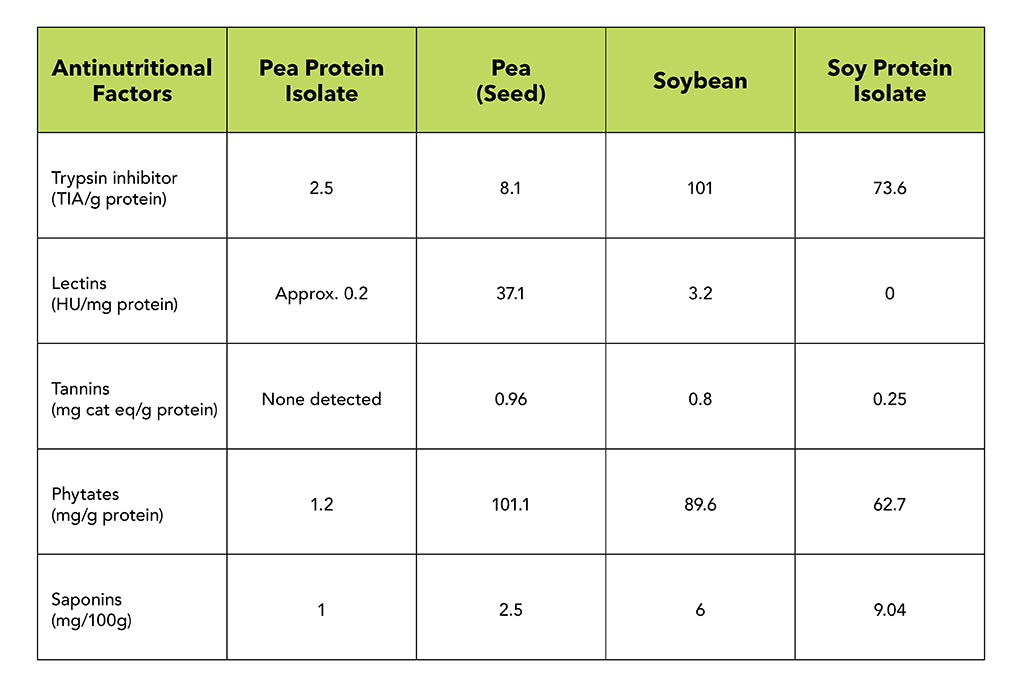Pea Protein and the Autoimmune Protocol Diet—Everything You Need to Know

The autoimmune protocol diet (AIP) is a variant of the popular Paleo diet in which common irritants and allergens that are suspected of being triggers for autoimmune reactions in the body or that cause intestinal inflammation and a leaky gut, are also eliminated. It is designed mostly for people with autoimmune conditions such as psoriasis, Hashimoto’s thyroiditis (the most common cause of hypothyroidism), Crohn’s disease, ulcerative colitis, rheumatoid arthritis, and lupus. Have you wondered if you can consume pea protein on the autoimmune protocol diet, read below to learn what you need to know about pea protein and the autoimmune protocol diet.
The AIP, like the standard Paleo diet, removes all grains, legumes, dairy, and additives, and also includes eggs and nightshade vegetables (tomato, eggplant, peppers, and potatoes) as they are relatively common allergens, and alcohol as it can be a gastric irritant and causes inflammation of the gut.

Can Pea Protein be used in an Autoimmune Protocol Diet?
While legumes can be a gastric irritant and can also be allergenic for some, pea protein isolate is considered to be a very low allergen protein and is also almost completely free from gut irritants that are present in some quantity (depending on the preparation technique) in legumes. Nowadays, high-quality pea protein isolates are processed using a low-heat, enzymatic isolation process (which is functionally very similar to fermenting or sprouting) and this effectively removes almost all the phytate, lectins, saponins, and trypsin inhibitors. As you can see in the table below, pea protein isolate contains practically none of these anti-nutrients that can act as gut irritants and can also reduce the digestion and absorption of protein and minerals.

So, despite it being derived from a legume, pea protein isolate is used by many people with gut disorders and autoimmune conditions like Crohn’s disease (I’m one of them!) because it provides a convenient, extremely high-protein, and very low-carb protein option that is free from common allergen proteins from egg, soy, dairy, or wheat, and is also free from common irritants that can upset the digestive tract.
So, while it is derived from legumes and so technically is not part of the Autoimmune Protocol, pea protein isolate is likely to be both gut- and immune-friendly because it offers a low-allergen, easy to digest, high-protein option that is practically free-from anti-nutrients. Many people who have autoimmune conditions have been able to use pea protein without adverse effects. Of course, results can vary, some people have rare and/or very serious allergies or immune challenges, and anyone with a serious medical condition should seek the advice of a qualified, registered health practitioner to advise on the best nutrition and supplement options for them.









